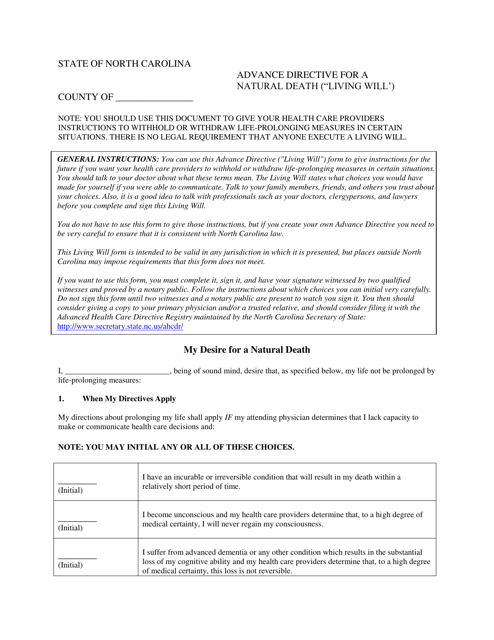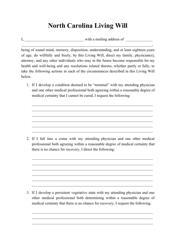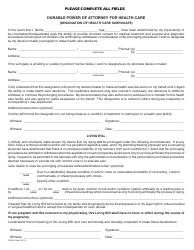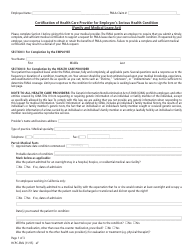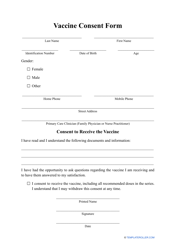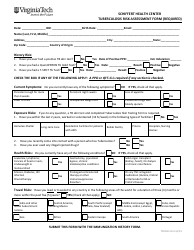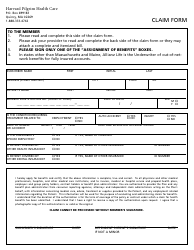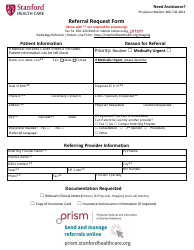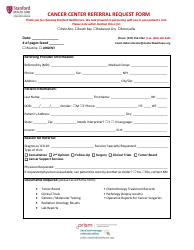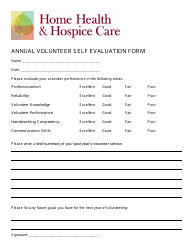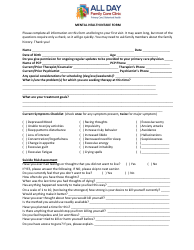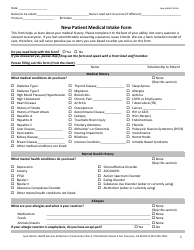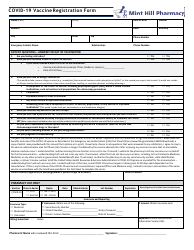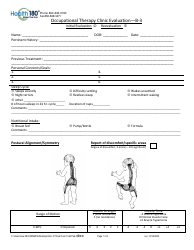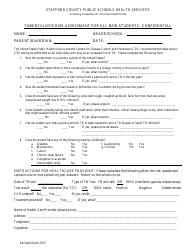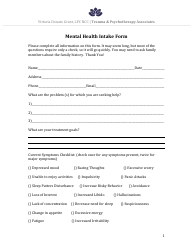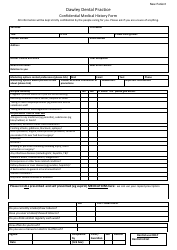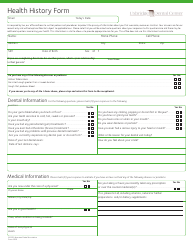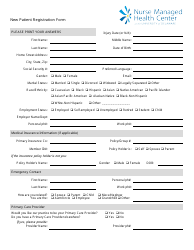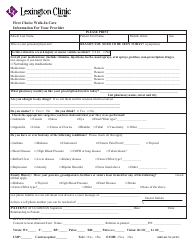Advance Directive for Health Care Form - North Carolina
The North Carolina Advance Directive for a Natural Death ("Living Will") is a set of written legal instructions regarding an individual's wishes and preferences for medical care that become effective in the events when they are unable to make decisions for themselves. If a patient does not have their health care wishes specified, these decisions can be placed in the hands of family members, doctors, or even judges, who may know very little about what the patient prefers.
The form was released by the Office of the North Carolina Secretary of State and is available for download below.
North Carolina's Article 23 states that an Advance Directive must be certified by two (2) witnesses and a notary public.
What Is a North Carolina Advance Directive?
An Advance Directive is a legal document by which an individual appoints a proxy to make health care decisions for when they are no longer able to and to administer or withhold treatment and procedures based on their previously stated wishes. Advance Directives include two separate forms:
- A Living Will (a written statement listing decisions about life-sustaining procedures in the event of a terminal condition);
- A Durable Power of Attorney for Health Care (a document appointing an attorney-in-fact to make medical decisions for the individual).
The attorney-in-fact should meet the following criteria:
- The health care proxy - or agent - must meet the state's legal requirements.
- The individual's doctor or a member of their medical care team may not be selected as a proxy.
- The elected individual should be trusted to be the patient's advocate in any disagreements about their care.
How to Write an Advance Directive in North Carolina?
Making an Advance Care Directive in North Carolina usually features the following steps:
STEP 1 - Elect a health care proxy - or agent - to make medical decisions on your behalf. Be sure to choose a person willing to respect and follow your wishes
STEP 2 - Write down your wishes regarding any limitations in medical treatment. Specify whether you agree to be on a dialysis machine, extracorporeal membrane oxygenation (ECMO) machine, receive CPR or take antibiotics to treat infections
STEP 3 - Make decisions regarding the possibility of organ and tissue donation and state your preferences regarding burial and the disposition of remains.
STEP 4 - Keep the original signed and certified form, hand a copy out to your agent and ask your doctor to keep a copy of your document with your medical records.
